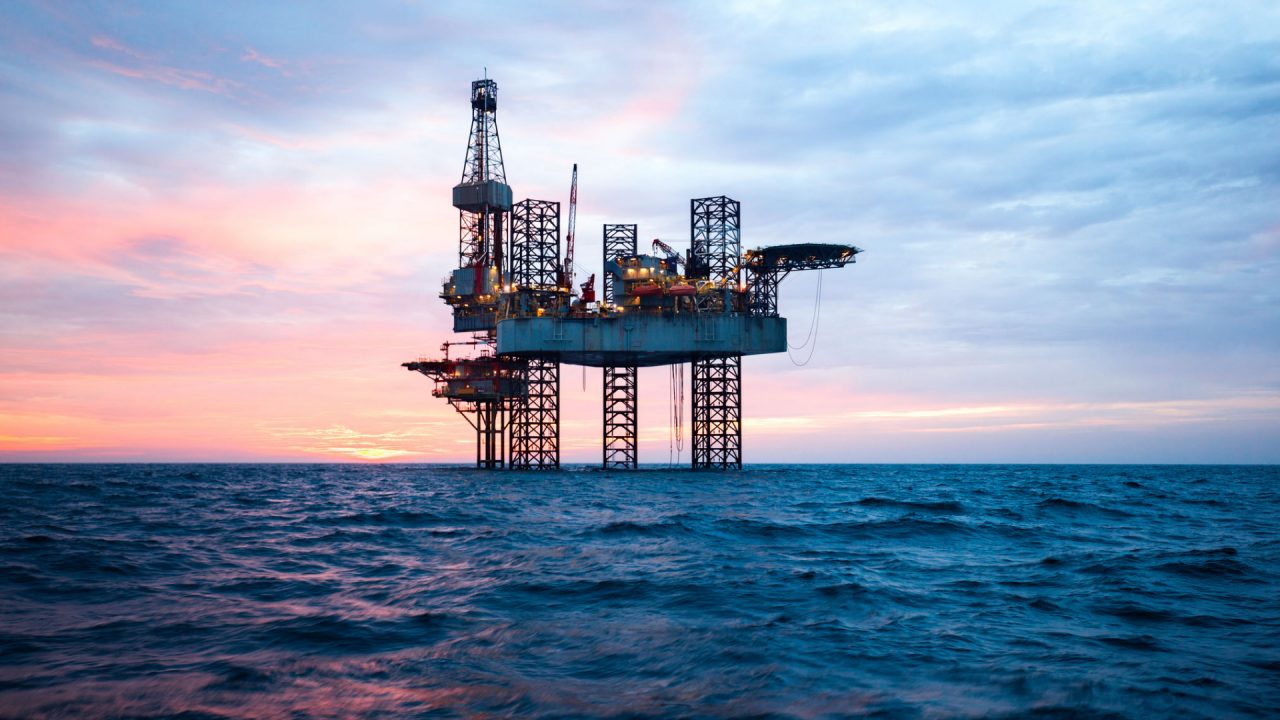Bold action is needed for the North Sea oil and gas industry to halve emissions by 2030, according to regulators.
The North Sea Transition Authority (NSTA) has stated that upgrading platforms to run on clean electricity instead of gas or diesel is “essential”.
At least two electrification projects should also be commissioned by 2027, the industry body said.
In a report focusing on emissions monitoring, the NSTA found that the industry is on track meet early reduction targets.
Greenhouse gas emissions were cut by an estimated 14.6% to 14.3 million tonnes of CO2 last year.
It equates to an overall reduction of 21.5% since 2018.
A large number of platform maintenance shutdowns, timed to coincide with temporary pipeline closures, are said to have contributed to a substantial fall in production and associated emissions last year.
The sector is projected to meet its interim emissions reduction targets of 10% by 2025 and 25% by 2027.
The targets were agreed between the sector and the UK Government in 2021.
Dr Andy Samuel, NSTA chief executive, said: “The industry has made impressive progress on reducing emissions during a turbulent period marked by a global pandemic and unprecedented price volatility.
“Energy security is more sharply in focus than ever and the NTSA is working closely with industry and government to bring new oil and gas projects online and bolster UK energy supply.
“This vital work sits alongside emissions reduction goals.”
Samuel explained that flaring has been on a declining trend since 2018.
He said: “The NSTA will continue to hold industry to account to make sure it delivers on, and surpasses, its targets.
“The excellent progress on flaring is another example of our sharp focus on performance combining to good effect with rapid industry action to support emissions reductions and energy security.
“As a result, flaring has been on a declining trend since 2018 and the reductions achieved in 2021 alone were equivalent to the annual gas demand of 130,000 UK homes.”
Follow STV News on WhatsApp
Scan the QR code on your mobile device for all the latest news from around the country


 iStock
iStock






















